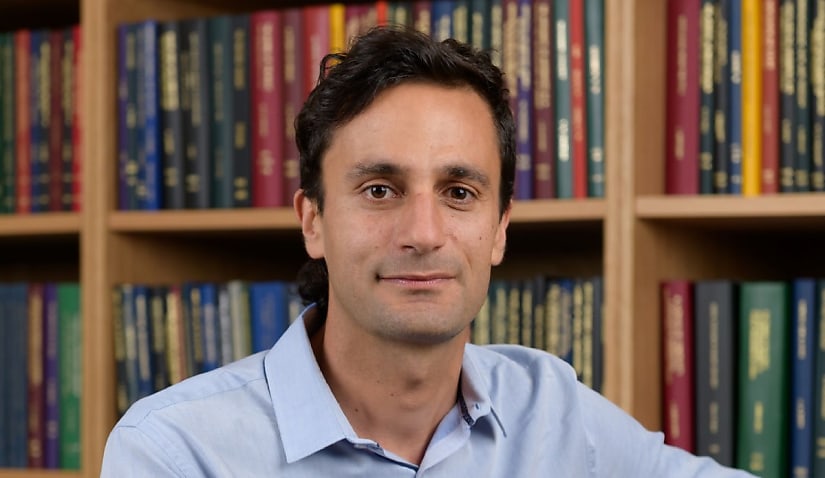Powered by MOMENTUM MEDIA
There has been heated discussion regarding who qualifies as a refugee in light of the Russian citizens who have fled the country to avoid the draft.

UNSW Law & Justice Associate Professor Daniel Ghezelbash argued that after Russian President Vladimir Putin ordered a “partial military mobilisation” to send an additional 300,000 men to the war in Ukraine, the challenge now lies in the fact that each Russian citizen who fled would have to be evaluated on an individual basis.
According to Mr Ghezelbash, if true political, religious, or moral convictions prevented Russians from enlisting in a war in which they did not believe, “this could be a fair reason”.
The nature of Russia’s ongoing war also makes it more likely that draft dodgers will fit the description of a refugee.
“Those who face punishment for draft evasion will qualify for refugee status when the type of military action they refuse to participate in is condemned by the international community as contrary to the basic rules of human conduct,” explained Mr Ghezelbash.
International refugee law does not discriminate, according to the associate professor.
The principle of non-discrimination is central to the international refugee protection regime, he stated, adding that “asylum seekers should not be discriminated against based on their country of origin or nationality.”
In addition, the international legal standard applies solely to those who are already outside the country in which they could be harmed.
Given that all refugee claims must be submitted from outside of Russia in order to be examined, Associate Professor Ghezelbash has speculated that European politicians might not initially allow Russians to enter their countries, which would hinder an asylum seeker application.
“The debate right now in Europe appears to be more focused on being able to travel to and enter other European countries. While the principle of non-refoulement applies as soon as a person reaches the border, this is not always respected in practice, and states routinely deny visas/entry for people from refugee-producing countries,” he said.
“And if Russians end up arriving in Australia after fleeing the draft, the same legal arguments would apply.”
We're evolving — and so should your insights. Heads up — Lawyers Weekly is going premium from 1 May for just $5 a month. Stay informed without missing a beat. More information coming soon.